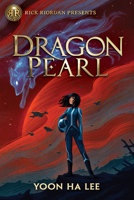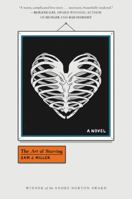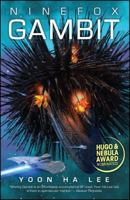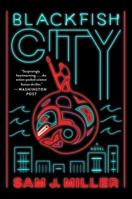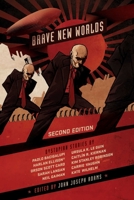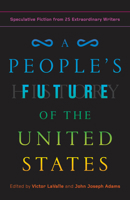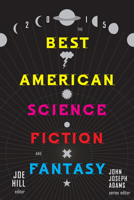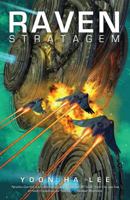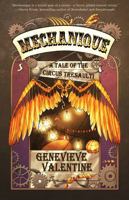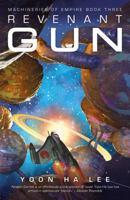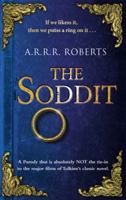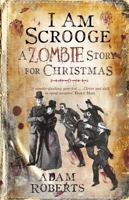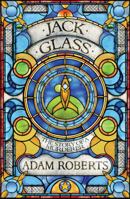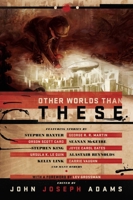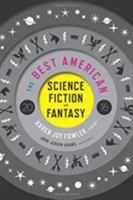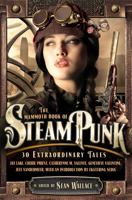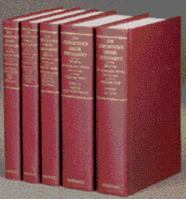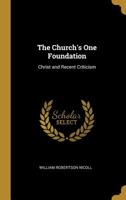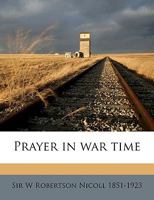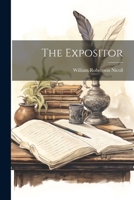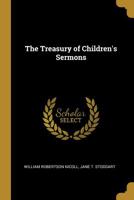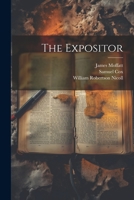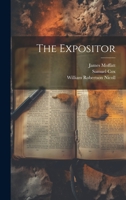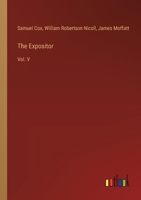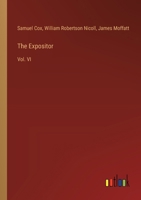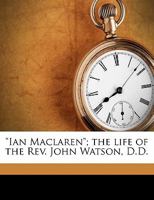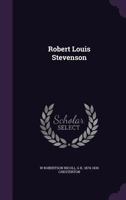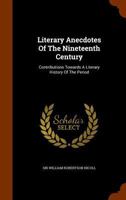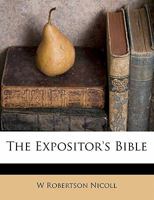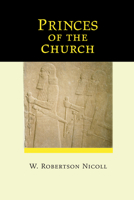Yes, You Are Trans Enough: My Transition from Self-Loathing to Self-Love
Select Format
Select Condition 
You Might Also Enjoy
Book Overview
LONGLISTED FOR THE POLARI FIRST BOOK PRIZE
'Honest, raw, moving' CHRISTINE BURNS'Radical vulnerability at its finest' OWL FISHER
'Highly recommended' SAN FRANCISCO REVIEW OF BOOKS This is the deeply personal and witty account of growing up as the kid who never fitted in. Transgender blogger Mia Violet reflects on her life and how at 26 she came to finally realise she was 'trans enough' to be transgender, after years of knowing she was different but without the language to understand why. From bullying, heartache and a botched coming out attempt, through to counselling, Gender Identity Clinics and acceptance, Mia confronts the ins and outs of transitioning, using her charged personal narrative to explore the inaccuracies of trans representation and confront what the media has gotten wrong. Deeply affecting, and narrated with warmth and honesty, this is an essential read for anyone who has had to fight to be themselves.
Format:Paperback
Language:English
ISBN:1785923153
ISBN13:9781785923159
Release Date:June 2018
Publisher:Jessica Kingsley Publishers
Length:352 Pages
Weight:0.90 lbs.
Dimensions:1.0" x 5.8" x 8.3"
More by William Robertson Nicoll
Customer Reviews
9 customer ratings | 6 reviews
There are currently no reviews. Be the first to review this work.












